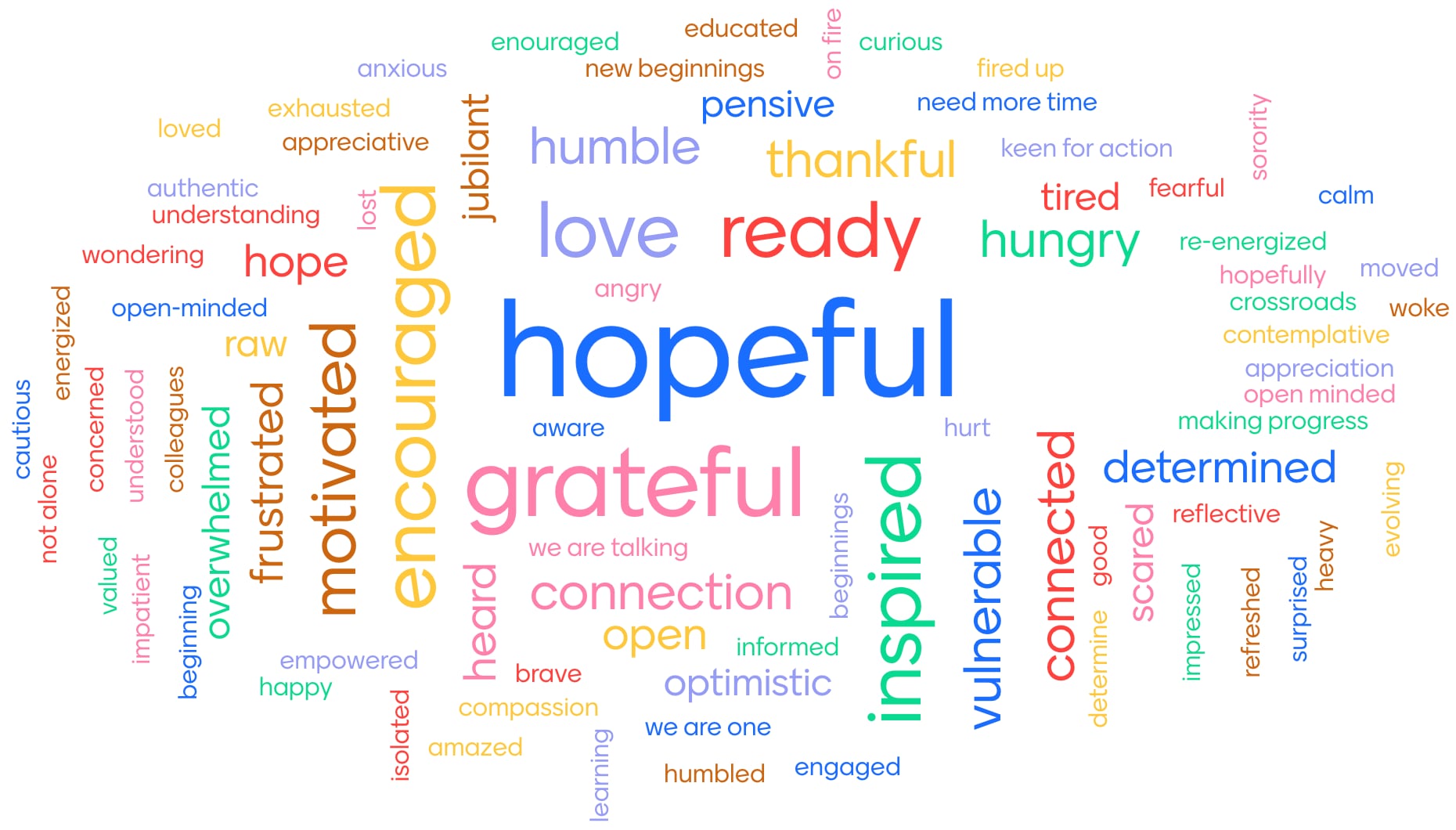Listening and Empathy in the Agile Community
The world was shaken by yet another graphic video showing us the effects of racism – so severe that it resulted in yet another life lost. The world turned its attention to the issue of racism and said “Enough is enough”. People started to learn that this wasn’t just an American issue, it was global. People from the UK, Europe, and beyond protested. People around the world protested not just because of George Floyd’s death, the pattern of police brutality in the USA, and systemic racism – but also because these issues are suffered by black people around the world.
People started to want to know more. How far do these issues go? Am I complicit? What experiences are people suffering in silence, for fear of being told they were playing the race card? Industry and professional organizations began to take note. One of those was Agile Alliance.
While some were issuing statements and platitudes, Agile Alliance took action. They knew that there needed to be a conversation, and more than one, and invited April to lead this journey. Knowing that this was a global issue, April knew that it was important to have global representation and called on Antony to co-facilitate bringing a UK perspective.
Agile is rich in human-centered techniques, and useful in understanding problems and finding solutions, regardless of the subject matter. Thanks to this, as a community, we are privileged to be able to lean on these to bring about change.
Techniques created to increase Agility, such as Design Thinking, gave us a natural structure to achieve our goal for this series. The beauty of these concepts is that they can be powerful tools in finding solutions to any problem – not necessarily digital solutions.
From April’s work where she leverages her professional talents in this space for social impact and Antony’s experience in coaching, they knew immediately that we needed to start with empathy. And, in order to empathize, listening is where we needed to begin to find positive outcomes for the black community globally. These outcomes will not just benefit black people. Equity brings value to all lives.
Working together, we were able to process the state of the world in crisis with one another. This was not easy as we were both in mourning while trying to design the sessions. This allowed us to take these feelings positively into the experience we were creating for this global professional community.
We set intentions on the experience we hoped to create for everyone and what we hoped people would walk away with. We took care of how to create a safe, vulnerable space for people to practice clean listening.
It was incredible that so many people joined, representing 45 different countries of varying ethnicities. It was hard to keep up with the exact numbers, as people kept joining throughout the sessions, but we know for sure it was triple digits.
Clues to how the experiences manifested first came from seeing the plethora of learnings coming from the listening break-outs. The amount of topics that emerged was overwhelming. To some, this may have seemed like chaos; to us, it showed how much people were heard and how many were curious and ready to find out more.
In our closing, the impact of the empathizing break-outs was profoundly illustrated through the positive intentions that people shared. We were both deeply moved.
The significant word that people left with was “hopeful”. We share this sentiment and look forward to applying listening and empathy as we explore the journey of growing racial equity for black lives in the Agile community.
Join us in the continuation of this journey as we begin “Exploring Complex Problems of Racial Inequity of Black Agilists” at a virtual open space on July 10th.
#GrowingEquityAgile
Note: We have created and shared a Google drive folder which includes all of the topics discussed, empathy maps created, photos, and other resources to browse through. We encourage everyone to add resources to the spreadsheet.









